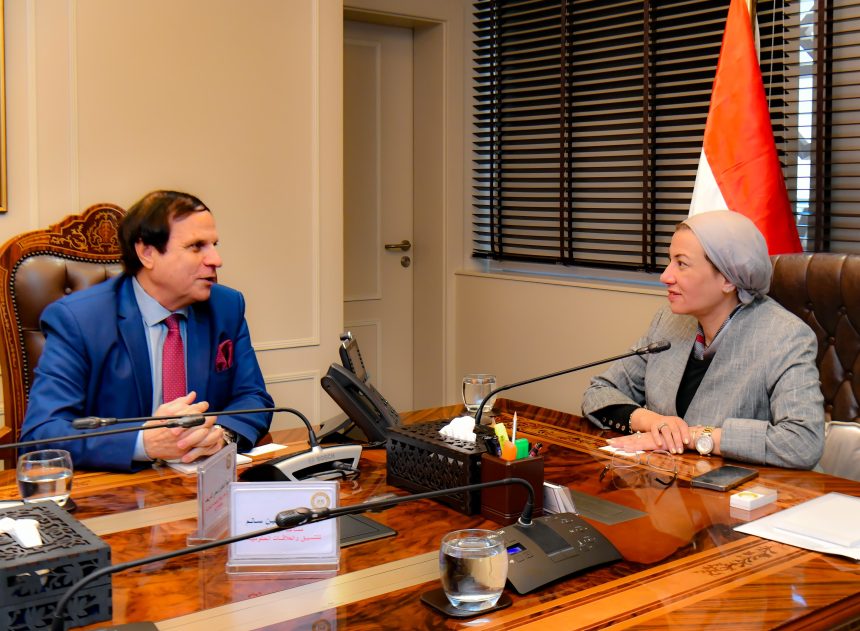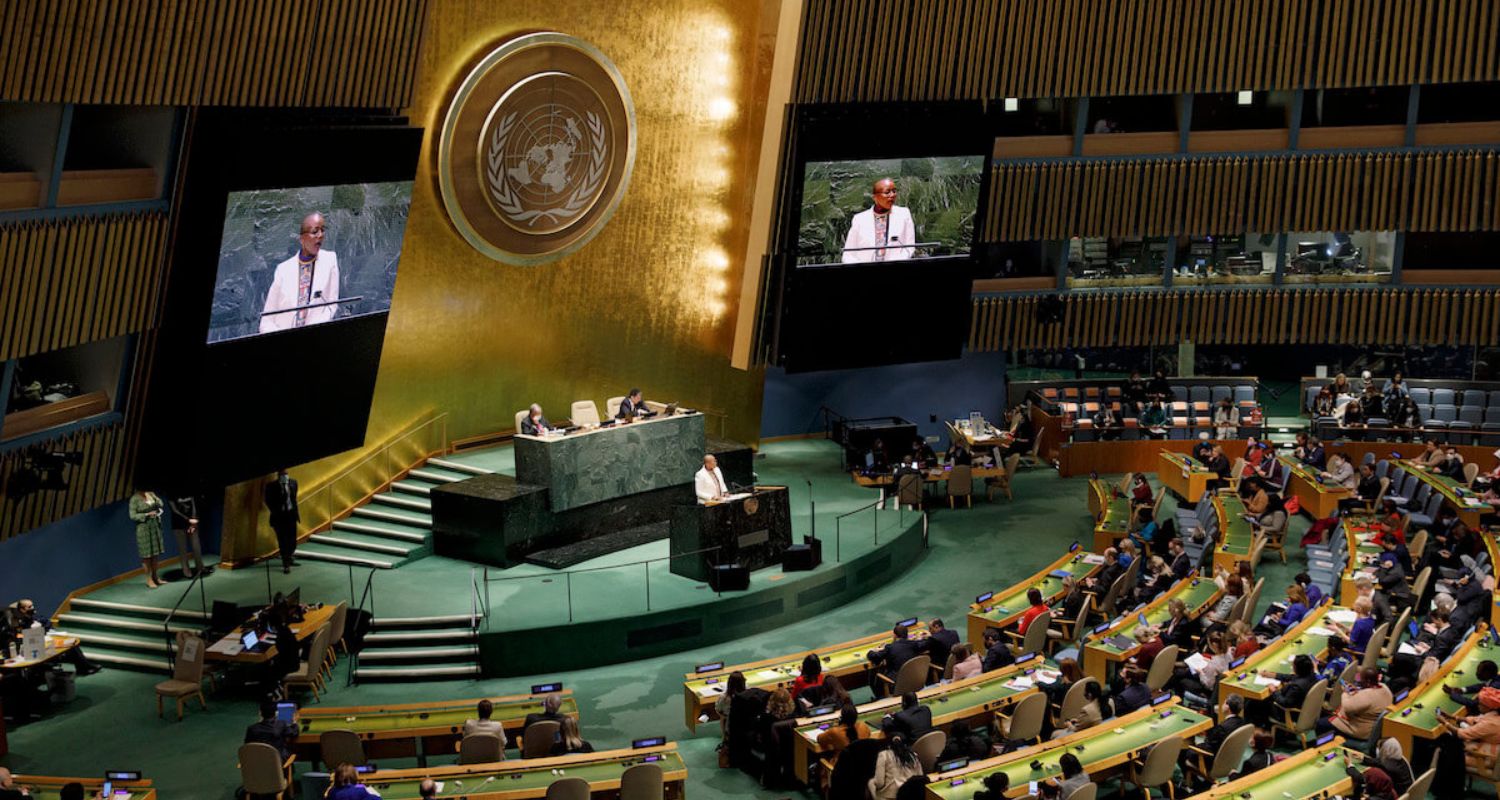In a significant development for environmental sustainability, Egyptian universities have announced a collaborative initiative with the League of Islamic Universities to enhance research and education in the field of ecology. This partnership aims to address pressing ecological challenges and promote sustainable practices across member institutions.
A Vision for Environmental Sustainability
The collaboration arises from a shared vision among Egyptian universities and the League of Islamic Universities, which comprises over 500 institutions across the Islamic world. The focus of this partnership is to foster interdisciplinary research, promote knowledge exchange, and develop educational programs that address ecological issues such as climate change, biodiversity loss, and sustainable resource management.
Key Objectives of the Cooperation
- Research Collaboration
The partnership will encourage joint research projects aimed at generating innovative solutions for ecological challenges. By pooling resources and expertise, universities can tackle complex environmental issues more effectively. - Curriculum Development
Collaborative efforts will focus on developing comprehensive curricula that incorporate ecological concepts, sustainability practices, and environmental ethics. This educational framework aims to equip students with the knowledge and skills necessary to address environmental challenges in their communities. - Capacity Building
The initiative will include training programs for faculty and students, enhancing their understanding of ecological issues and fostering a culture of sustainability within universities. Workshops, seminars, and conferences will be organized to facilitate knowledge sharing and networking among academics and practitioners. - Community Engagement
Recognizing the importance of community involvement in ecological initiatives, the partnership will promote outreach programs that engage local communities in environmental conservation efforts. By raising awareness and encouraging action at the grassroots level, the initiative aims to create a more sustainable future.
Addressing Regional Ecological Challenges
Egypt, with its unique geographical features and rich biodiversity, faces several ecological challenges, including water scarcity, pollution, and habitat destruction. The collaboration with the League of Islamic Universities provides a platform for Egyptian institutions to share their experiences and strategies with other member universities, fostering a collective approach to addressing these issues.
Moreover, the partnership will emphasize the importance of integrating traditional ecological knowledge with modern scientific practices. This approach acknowledges the value of indigenous knowledge systems in promoting sustainable practices and conserving natural resources.
The Role of Technology in Ecology
Advancements in technology play a crucial role in ecological research and conservation efforts. The collaboration will explore the use of innovative technologies such as remote sensing, data analytics, and artificial intelligence to monitor environmental changes and assess the effectiveness of conservation strategies. By leveraging these tools, universities can enhance their research capabilities and contribute to evidence-based policy-making.
The cooperation between Egyptian universities and the League of Islamic Universities marks a significant step towards addressing ecological challenges in the region and beyond. By fostering collaboration in research, education, and community engagement, this initiative aims to cultivate a new generation of environmentally conscious leaders equipped to tackle the pressing ecological issues of our time.
As the world grapples with the impacts of climate change and environmental degradation, such partnerships are vital in promoting sustainable practices and ensuring a healthier planet for future generations. The commitment to ecological sustainability reflects the shared responsibility of educational institutions to contribute to the global effort for a greener and more sustainable future.
The collaboration between Egyptian universities and the League of Islamic Universities in the field of ecology represents a multifaceted approach to tackling environmental challenges.
- Significance of the Partnership
The cooperation underscores the importance of regional and international collaboration in addressing ecological issues. By uniting over 500 universities from diverse cultural and academic backgrounds, the League of Islamic Universities provides a unique platform for knowledge sharing and collective action. This collaboration not only enhances the capacity of participating universities but also fosters a unified approach to environmental sustainability across the Islamic world.
- Interdisciplinary Research Focus
One of the key strengths of this initiative is its emphasis on interdisciplinary research. Ecological challenges such as climate change, deforestation, and pollution are complex and interconnected issues that require expertise from various fields, including biology, environmental science, sociology, and economics. By bringing together experts from different disciplines, the partnership aims to develop holistic solutions that address the root causes of environmental degradation.
- Innovative Educational Programs
The initiative will likely lead to the establishment of specialized programs and degrees in ecology and environmental science across member universities. This could include:
- Master’s and PhD programs focused on ecological research and sustainable practices.
- Short courses and certifications aimed at professionals and community leaders to enhance their understanding of ecological issues and practices.
- Online learning platforms that facilitate access to ecological education for students and practitioners in remote areas.
- International Conferences and Workshops
To foster collaboration and knowledge exchange, the partnership could organize international conferences, workshops, and symposiums. These events would provide a space for researchers and practitioners to present their findings, share best practices, and discuss emerging trends in ecology and sustainability. Additionally, these gatherings could facilitate networking opportunities for participants, leading to future collaborations.
- Policy Advocacy and Capacity Building
The partnership has the potential to influence environmental policy at national and regional levels. By engaging with policymakers and stakeholders, universities can advocate for evidence-based policies that promote sustainability and conservation. Capacity-building initiatives, such as training programs for government officials and community leaders, can enhance their understanding of ecological issues and empower them to implement effective policies.
- Global Context and Challenges
The ecological challenges faced by Egypt and other countries in the region are part of a global crisis. Issues such as climate change, loss of biodiversity, and water scarcity threaten ecosystems and livelihoods worldwide. The collaboration among universities highlights a commitment to addressing these global challenges through localized solutions. By sharing knowledge and experiences, member institutions can contribute to a broader, global dialogue on sustainability.
- Cultural and Ethical Dimensions
The partnership also recognizes the cultural and ethical dimensions of ecological sustainability. Islam places great importance on the stewardship of the Earth, emphasizing the responsibility of individuals and communities to protect natural resources. By integrating ethical considerations into ecological education and research, the collaboration can inspire a sense of responsibility and commitment to environmental stewardship among students and communities.
- Future Prospects
Looking ahead, the collaboration between Egyptian universities and the League of Islamic Universities could pave the way for innovative projects and initiatives. Possibilities include:
- Joint ecological research expeditions that involve students and faculty from multiple universities, fostering hands-on learning and practical experience.
- Community-based conservation projects that engage local populations in protecting their ecosystems, utilizing traditional knowledge and practices.
- Sustainability-focused incubators that support startups and initiatives aimed at developing green technologies and sustainable practices.
The cooperation between Egyptian universities and the League of Islamic Universities signifies a proactive step toward addressing ecological challenges in a collaborative and innovative manner. By combining research, education, and community engagement, this initiative has the potential to make a meaningful impact on environmental sustainability.
As the world faces growing ecological crises, such collaborative efforts are essential in fostering a culture of sustainability and developing solutions that promote environmental health and resilience. The commitment to this partnership reflects a shared responsibility to protect the planet for current and future generations, embodying the principles of stewardship and sustainability that are vital in today’s world.














Can you be more specific about the content of your article? After reading it, I still have some doubts. Hope you can help me.